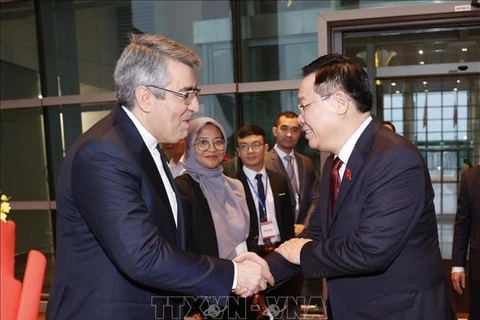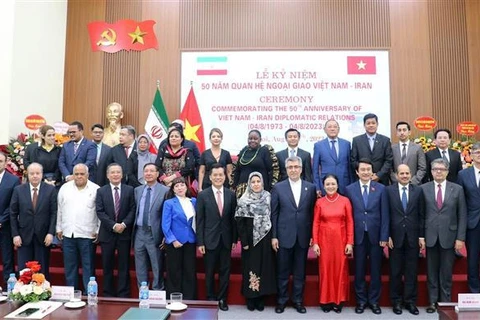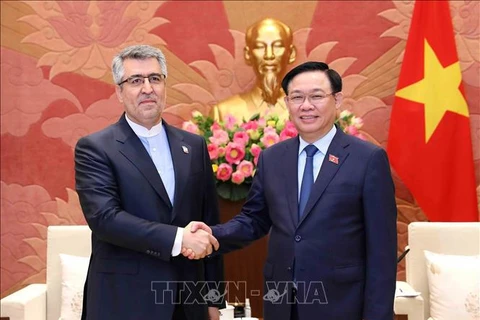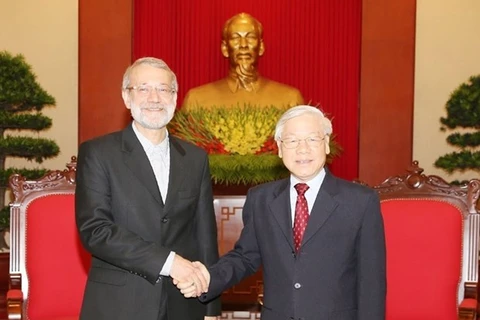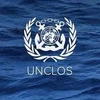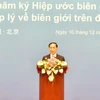 Cashew nuts is one of the agricultural products that Vietnam exports to the Iranian market. (Photo:VNA)
Cashew nuts is one of the agricultural products that Vietnam exports to the Iranian market. (Photo:VNA) Hanoi (VNA) – Vietnam and Iran have a lot of potential to promote cooperation in various sectors in the future, Dr. Abed Akbari, Director of the Tehran International Studies and Research Institute told Vietnam News Agency correspondents in the Middle East on the occasion of 50th anniversary of the Vietnam-Iran diplomatic ties (August 4, 1973-2023).
According to him, Iran and Vietnam both have a brilliant cultural history and independence. Their relationship has developed over the past 50 years based on respect; development of bilateral ties in the fields of politics, economy and culture; and constructive cooperation in multilateral organisations.
Akbari affirmed that Iran attaches great importance to and is ready to strengthen relations with Vietnam in all fields.
During the difficult period due to the COVID-19 pandemic, the two countries had close liaison and consultation at different levels. In the past two years, despite adverse conditions and complicated developments in the world situation, Vietnam and Iran still exchanged many delegations at all levels. Cooperation in international forums helps strengthen the friendship between the two countries on the basis of constructive cooperation and mutual assistance, he said.
Iran has supported Vietnam's bids for membership in the United Nations Security Council, the United Nations Human Rights Council, and the Executive Board of the United Nations Educational, Scientific and Cultural Organisation (UNESCO) for 2021-2025 tenure. In addition, the two countries look forward to continuing constructive cooperation at multilateral organisations, he went on, adding that with available capabilities and potential, the two countries have plenty of room to further develop their traditional relationship.
The economic and trade ties between Iran and Vietnam currently have good growth compared to decades ago, but their two-way trade only reaches an average of 100 million USD per year, which is not commensurate with their potential. Vietnam’s shipments to Iran are mainly cashew nuts, coffee, pepper and tea while importing plastic and petroleum products, metals and pharmaceuticals from the Middle East country.
The biggest obstacle to trade relations between Vietnam and Iran is tough sanctions against Tehran, Akbari noted. Since 2018, trade and investment activities between the two countries have faced many difficulties, especially in payment in bank transfers. The lack of direct flights between the two countries and inappropriate transport systems were also problems that hinder bilateral trade ties, he said.
To improve bilateral trade relations, the Iranian expert said that in addition to traditional products, it is essential for Vietnam to focus on exporting other items such as computers, electronics, garments and footwear as well as promoting the export of tropical fruits such as coconut, pineapple and mango which are very popular in the Iranian market. Iran also needs to set forth measures including supporting export enterprises, increasing the presence of Iranian businesses at exhibitions in Vietnam as well as seeking solutions to transport problems and alternative financial methods.
He suggested the two countries push for early negotiations for and signing of a Preferential Trade Agreement and a Memorandum of Understanding (MoU) on quarantine and phytosanitary conditions.
According to Akbari, Vietnam is a country with traditional culture and history. This factor can promote cooperation between the two countries in the field of cultural and people-to-people exchanges, he said, adding that the best way for the two countries to enhance mutual understanding is to expand tourism cooperation./.
